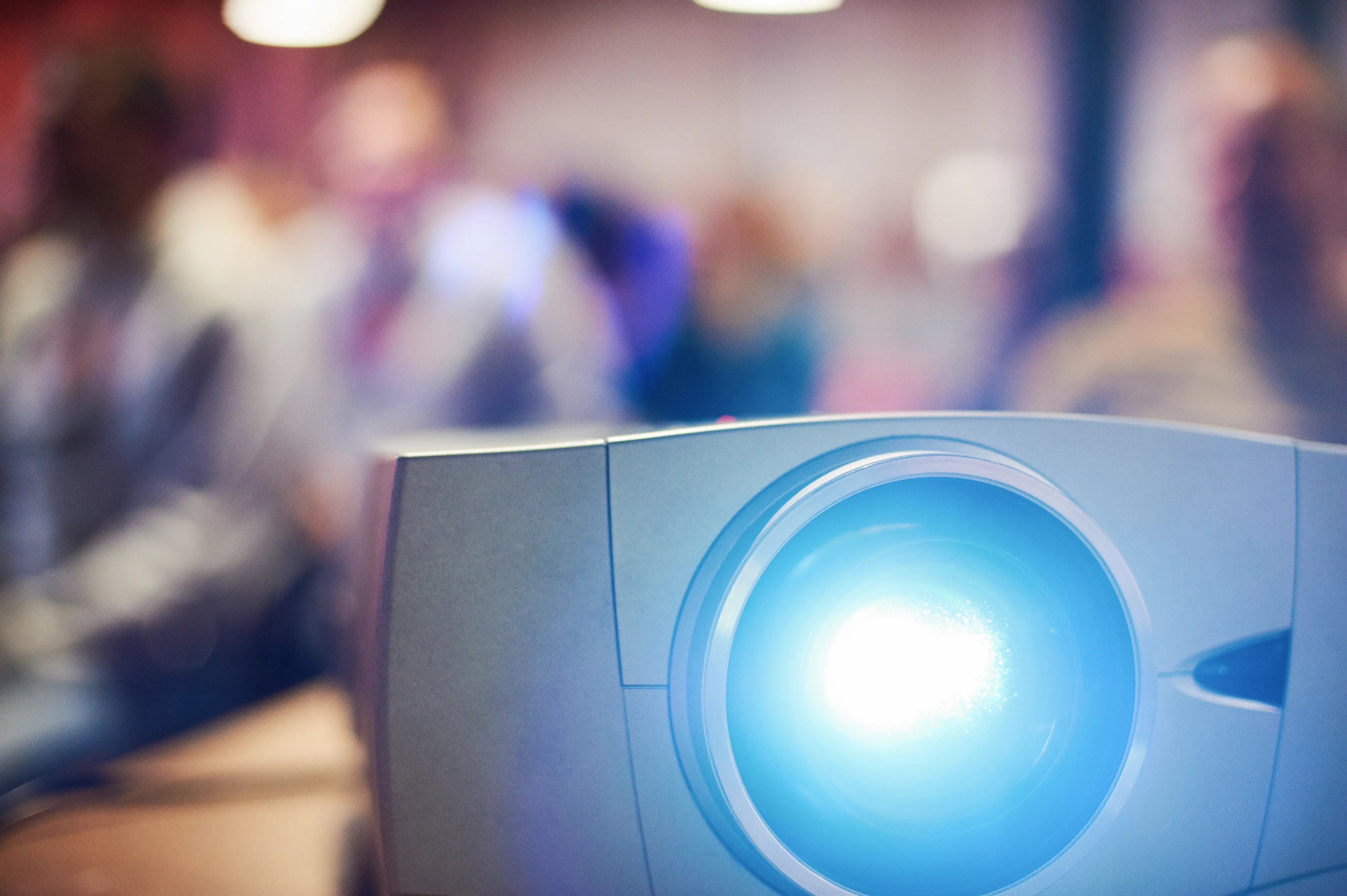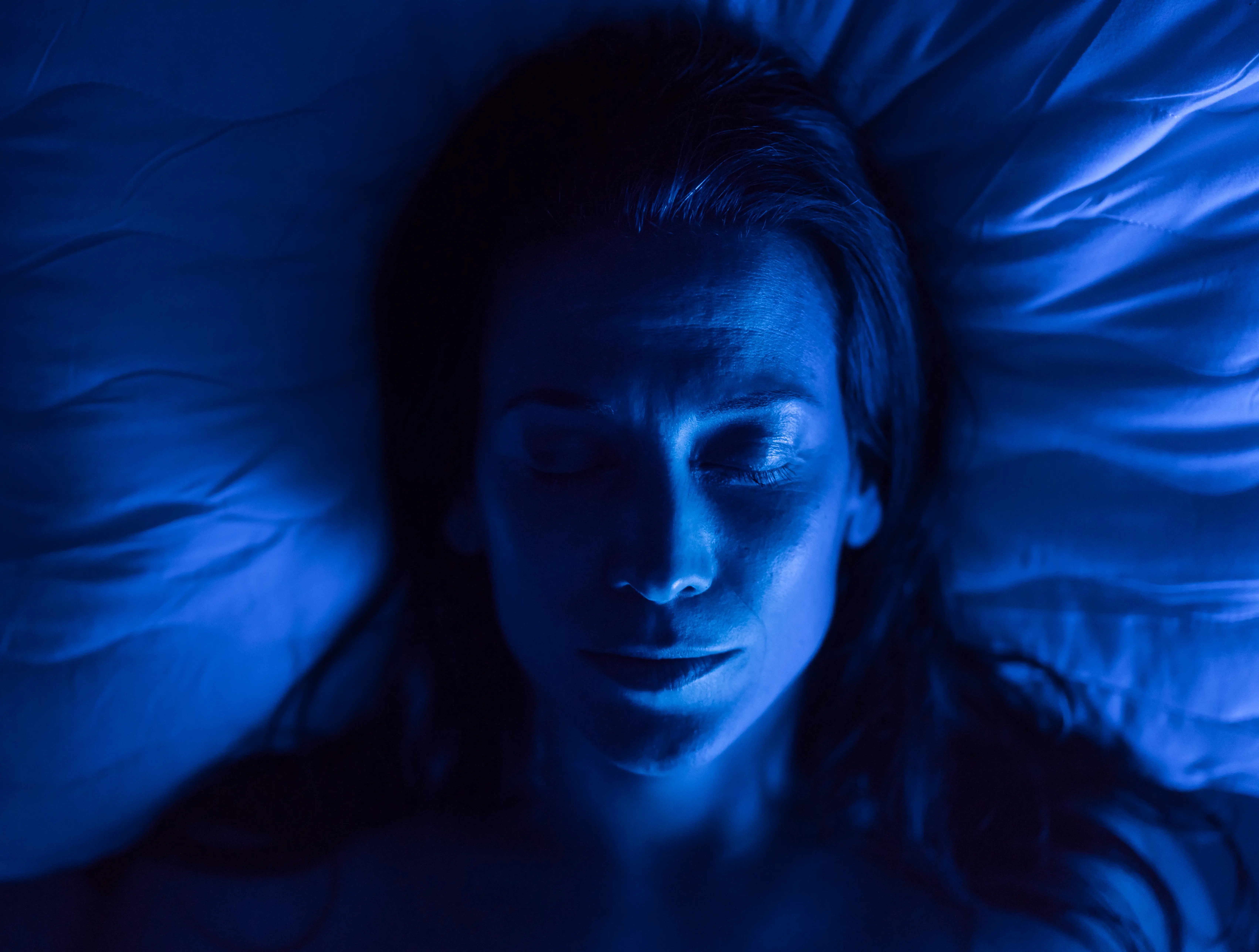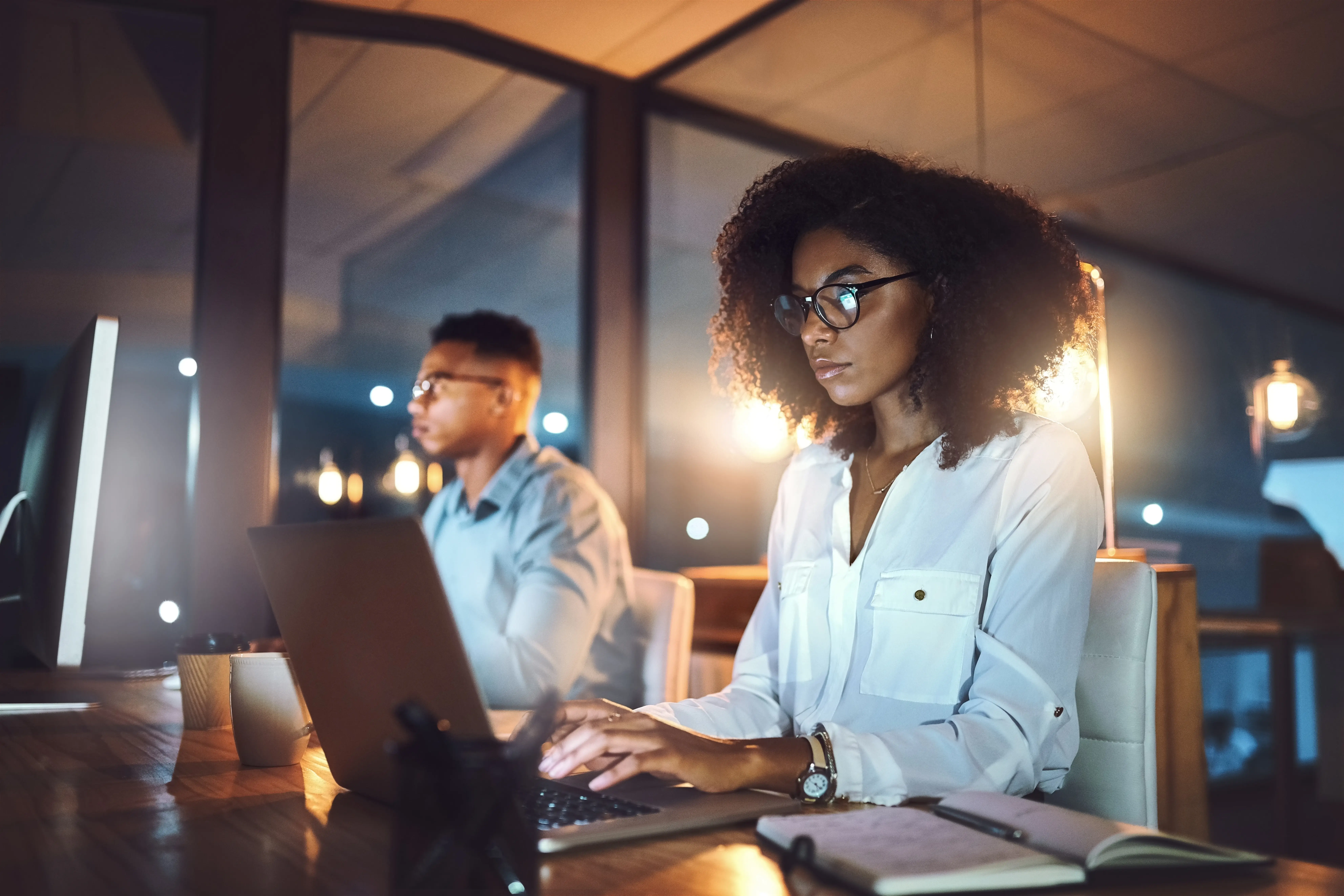Understanding Blue Light in Context
We at Innovative Health and Wellness Group recognize that blue light has become a significant health concern as digital device usage continues to increase. However, understanding the real effects of blue light requires separating evidence-based facts from marketing claims and misconceptions that have emerged around this topic.
Blue light refers to wavelengths between approximately 400 and 490 nanometers on the visible light spectrum. This intense light comes from natural sources like the sun and from artificial sources like LED lights, computer screens, smartphones, and other digital gadgets. The key to understanding blue light effects lies in examining the timing, intensity, and duration of exposure.
Circadian Rhythm Disruption: The Primary Concern
The most well-documented effect of blue light involves its impact on circadian rhythms. Blue light receptors in the retina send signals to the suprachiasmatic nucleus in the brain, which controls the body’s internal clock. When it’s daytime, getting blue light helps keep you awake and your body’s internal clock working well.
However, exposure to blue light during evening hours can suppress melatonin production, the hormone responsible for promoting sleepiness. Research consistently shows that evening screen time can delay sleep onset, reduce sleep quality, and shift circadian timing. This effect appears most pronounced within 2 to 3 hours before intended bedtime.
Studies indicate that even relatively brief exposure to bright screens in the evening can measurably affect melatonin levels and sleep patterns. The intensity matters as well, with brighter screens producing more significant effects than dimmer displays.

Sleep Quality and Duration Effects
Beyond delaying sleep onset, blue light exposure before bedtime can affect overall sleep architecture. Research suggests that people who use devices with blue light emission before sleep may experience reduced deep sleep stages and more fragmented sleep patterns.
When your sleep is messed up, it can cause problems during the day. You might have trouble thinking clearly, your mood can change, and your body’s ability to fight off sickness might go down. However, these effects are primarily related to the timing of blue light exposure rather than blue light itself being inherently harmful.
Eye Strain and Visual Comfort
Many people report eye strain, dry eyes, and visual discomfort after prolonged screen use, often attributing these symptoms to blue light exposure. However, research suggests that these symptoms are more likely related to factors such as reduced blink rates, fixed focusing distances, and poor ergonomics rather than blue light specifically.
Studies examining blue light filters for reducing eye strain have shown mixed results, with many finding no significant difference in comfort levels between filtered and unfiltered screens. The discomfort associated with prolonged screen use is multifactorial rather than solely attributable to blue light exposure.
The flicker of individual pixels can affect eye strain as well. For this reason, iristech.co is a great recommendation for helping reduce that blue light and flicker your eyes are otherwise often consistently exposed to.
Practical Management Strategies
We recommend focusing on evidence-based approaches to managing blue light exposure. The most effective strategy involves timing considerations and blue light blocking like iristech.co and the blue light blocking glasses found in our shop, rather than complete blue light avoidance.
Reducing screen time within 2 to 3 hours of bedtime provides the most significant benefit for sleep quality. For people who must use devices in the evening, using night mode settings, reducing screen brightness, or wearing blue light filtering glasses may help minimize circadian disruption.
During the day, blue light from both the sun and screens helps you stay awake and keeps your body’s internal clock working well. The goal is not to eliminate blue light but to align exposure patterns with natural circadian preferences.
The Balanced Perspective
Understanding blue light effects requires recognizing that context matters significantly. Blue light serves important biological functions during appropriate times while potentially causing problems when exposure occurs at suboptimal times.
Rather than viewing blue light as universally harmful, we at IHWG encourage patients to consider timing, intensity, and individual sensitivity when making decisions about light exposure. The key lies in creating light exposure patterns that support rather than disrupt natural biological rhythms, recognizing that individual responses may vary based on personal sensitivity and lifestyle factors. This balanced approach allows people to harness the benefits of modern technology while minimizing potential negative effects on sleep and circadian health.
FAQs about Blue Light
1. What is blue light? Blue light is a type of bright light that you can see. It comes naturally from the sun, but also from screens like phones, computers, and LED lights.
2. Is blue light always bad for you? No, blue light isn’t always bad. During the day, it helps you stay awake and focused. The problem happens when you get too much blue light at night.
3. How does blue light affect my sleep? When you look at screens with blue light at night, especially a few hours before bed, it can stop your body from making melatonin. Melatonin is a natural chemical that helps you feel tired. If your body doesn’t make enough of it, it can be tougher to fall asleep, and your sleep won’t be as restful.
4. Does blue light cause eye strain? While many people blame blue light for eye strain, studies show it’s more likely due to other things. These include not blinking enough, staring at screens too closely, and poor posture. Blue light filters might not always help with eye strain.
5. What can I do to protect myself from blue light? The best thing is to avoid screens for 2 to 3 hours before you go to bed. If you have to use screens at night, you can dim them, use “night mode” settings, or wear special blue light filtering glasses.

Ready to Improve Your Sleep and Health?
At Innovative Health and Wellness Group, we want to help you live a healthier life. Now that you understand how blue light can affect your sleep and well-being, it’s time to take action!
You can start by making simple changes like reducing screen time before bed or using blue light filtering tools. We even have blue light-blocking glasses in our shop that can help.
Want to learn more or get personalized advice?
Contact Innovative Health and Wellness Group today! We’re here to guide you in creating healthy habits that support your body’s natural rhythms. Let’s work together for better sleep and overall health!


